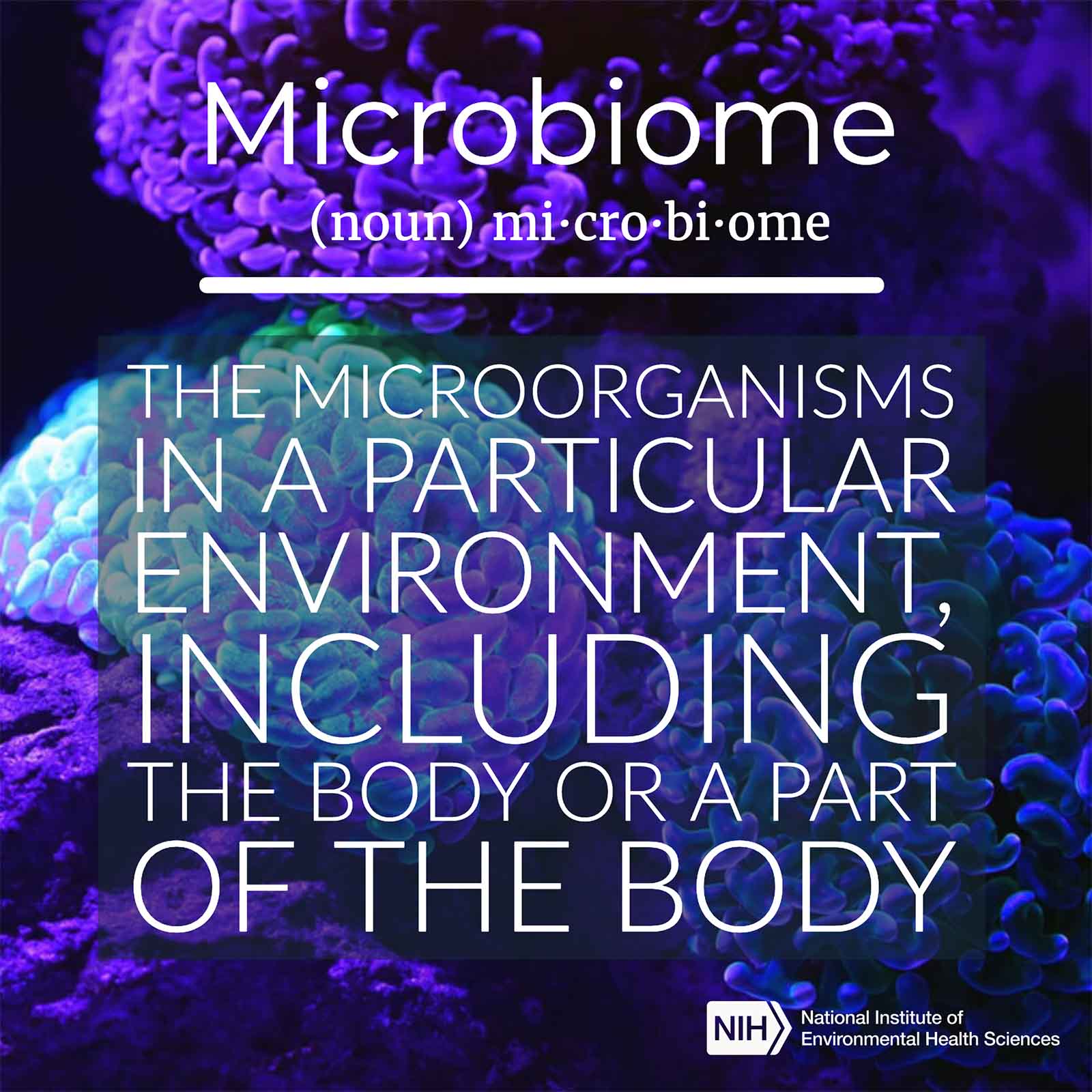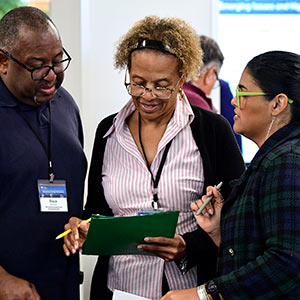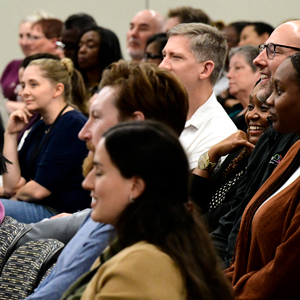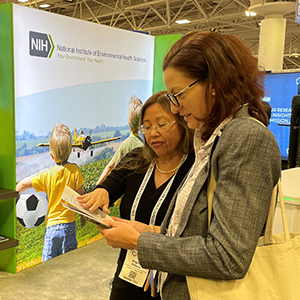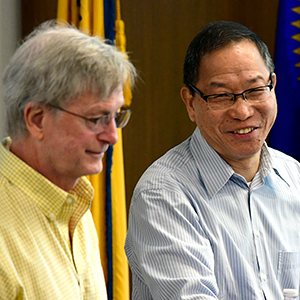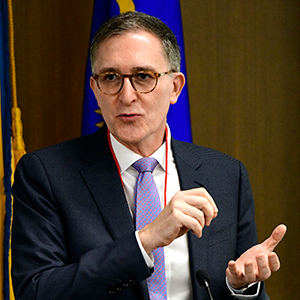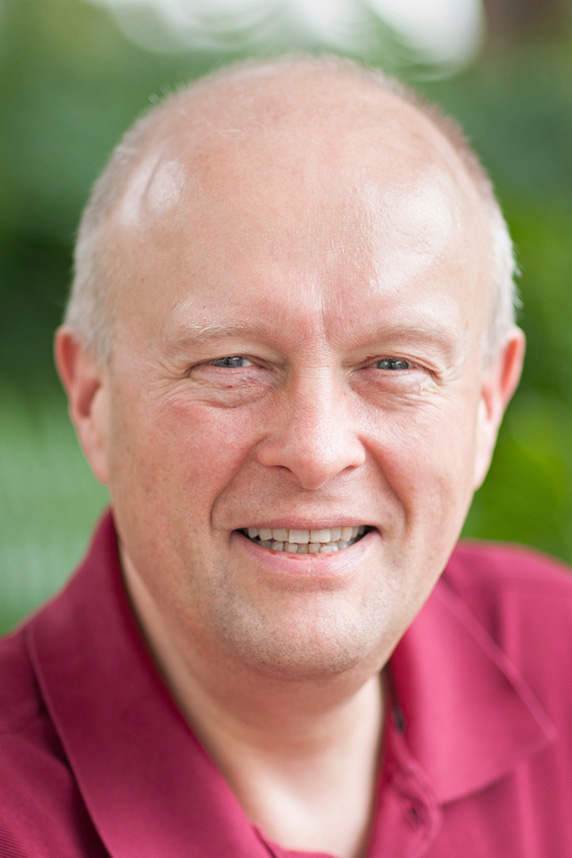 Dedon researches systems biology, microbiology and infectious disease, and inflammation chemistry, among other topics. (Photo courtesy of Peter Dedon)
Dedon researches systems biology, microbiology and infectious disease, and inflammation chemistry, among other topics. (Photo courtesy of Peter Dedon)NIEHS grantees Peter Dedon, M.D., Ph.D., and Eric Alm, Ph.D., both of the Massachusetts Institute of Technology, have received a 2019 National Institutes of Health (NIH) Director’s Transformative Research Award.
Their project will examine how epigenetic changes in the gut microbiome can affect human health. Epigenetic changes are potentially heritable and can alter gene activity but not DNA sequences.
Understanding their effects in the gut could lead to better treatments for problems such as inflammatory bowel disease (IBD).
“We know almost nothing about the types of DNA modifications in gut microbes or how the modifications determine the makeup of the microbiome.
But we do know that epigenetics plays a huge role in bacterial survival outside the human body [and] alters their sensitivity to chemical exposures,” said Dedon, a biological engineering professor.
“So now, we’re asking if bacterial DNA modifications affect human health and disease. Do they make the gut bacteria sensitive to diet, inflammation, and environmental stresses?”
The new project, which Dedon is leading, could address those knowledge gaps and bring real-world benefits. “Ultimately, we hope to translate our microbiome studies into new therapeutic options for patients,” he noted.
Ambitious goals
 Alm, also a biological engineering professor, seeks to translate discoveries related to the human microbiome into clinical practice so that patients can benefit. (Photo courtesy of Eric Alm)
Alm, also a biological engineering professor, seeks to translate discoveries related to the human microbiome into clinical practice so that patients can benefit. (Photo courtesy of Eric Alm)He plans to build on his previous studies into specific chemical modifications of DNA in gut microbes called phosphorothioates (PT). His group discovered that these sulfur modifications of the DNA backbone make the bacteria extremely sensitive to chemicals made by the human immune system.
The new project asks whether the overreaction of the immune system in IBD — or whether similar chemicals in the diet and environmental exposures — will kill PT-containing bacteria and change the composition of the microbiome.
“The significance of this project lies in the potential role for PT-containing microbes in human health and disease — are these bacteria victims of exposure or inflammation or are they defenders? We will also be developing new tools to discover other microbiome epigenetic systems and how they affect human health,” Dedon said.
A major goal of the initiative is to uncover DNA changes in gut microbes that may cause health issues beyond IBD.
“Many chemicals have been found to disrupt gut microbial diversity and function, [and] cause toxic effects,” said Anika Dzierlenga, Ph.D., a program director in the NIEHS Genes, Environment, and Health Branch. She will help to oversee the project.
“A greater appreciation for the mechanisms at play will further the discovery and classification of these chemicals, with an eye toward intervention,” she explained.
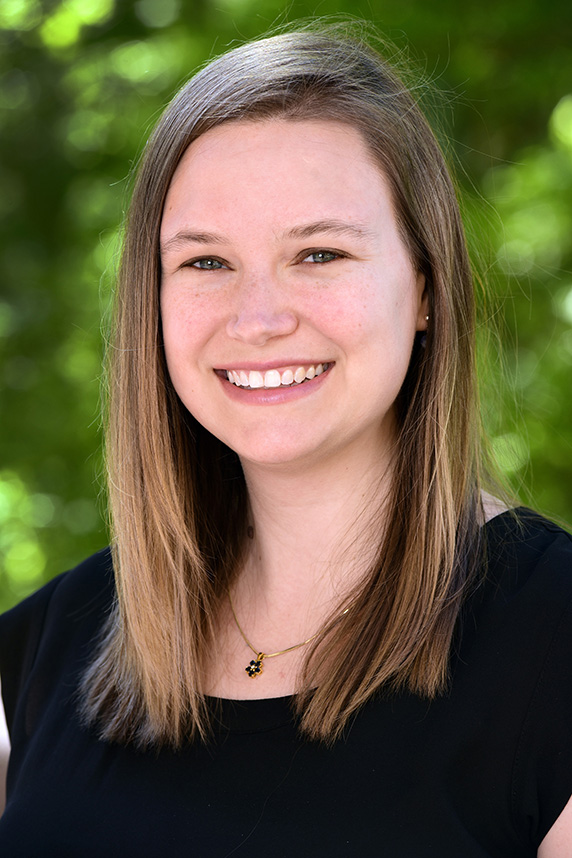 Dzierlenga manages grants related to the human microbiome and development of disease. (Photo courtesy of Steve McCaw)
Dzierlenga manages grants related to the human microbiome and development of disease. (Photo courtesy of Steve McCaw)Risky business
The NIH Director’s Transformative Research Award is part of the NIH High-Risk, High-Reward Research program.
“The Dedon project truly reflects the spirit of high-risk, high-reward research,” Dzierlenga said. “The risk stems from exploring the mostly uncharted territory of the gut microbiome.
However, the reward lies in increasing our understanding of how changes to it may lead to disease.”
(Janelle Weaver, Ph.D., is a contract writer for the NIEHS Office of Communications and Public Liaison.)





